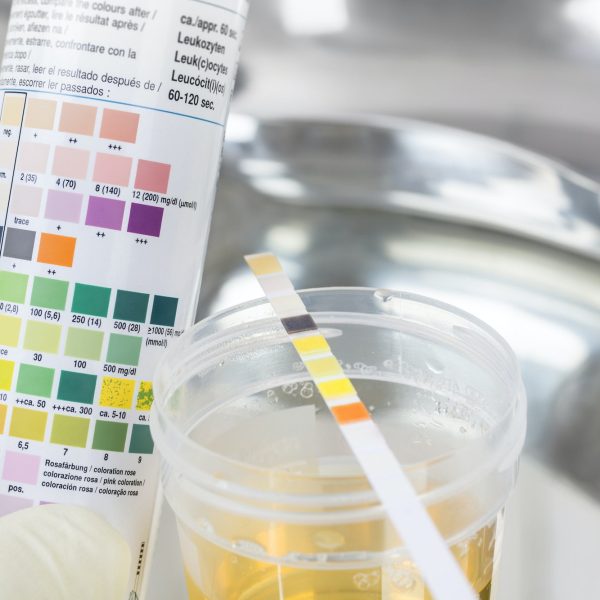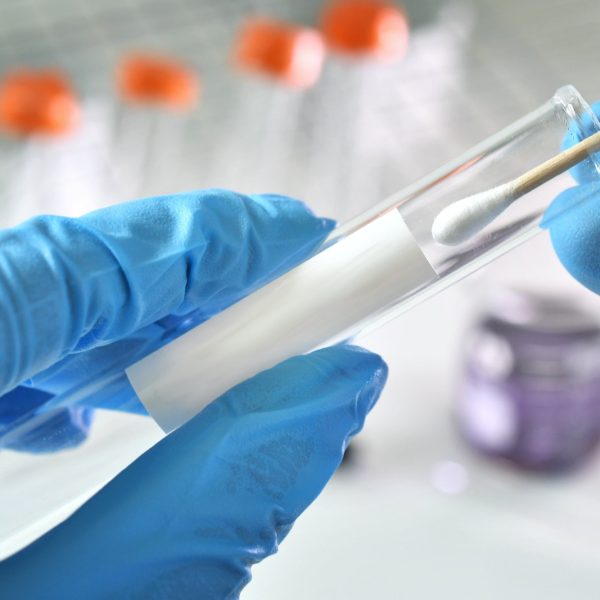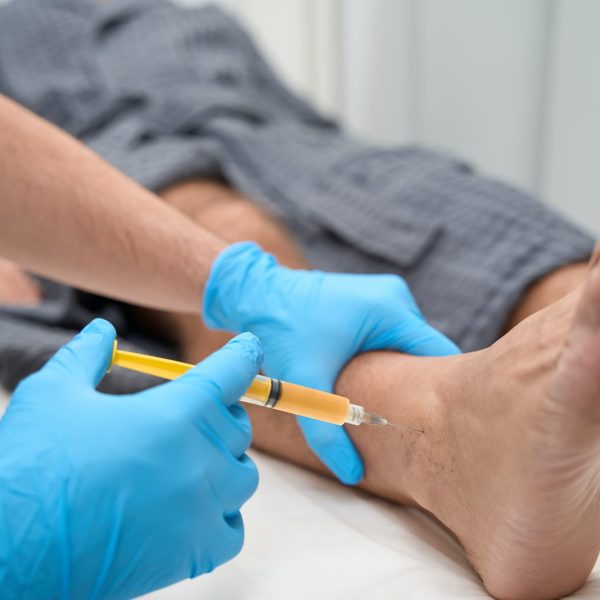Investigation
A Comprehensive Guide to Dermatology Investigations
Investigations
Unraveling the Mysteries of Health
Discover the critical role of dermatology, STD and wellness investigations in accurate diagnosis and effective treatment.

Blood Test
Identifies underlying medical conditions through specific procedures and interpretation techniques.

Urine Tests
Assists in diagnosing systemic issues, with straightforward result interpretation.

STD Screening
Regular screening test crucial for sexually active individuals to detect common types of sexually transmitted diseases.

Allergy Testing
Essential for diagnosing dermatological reactions via patch and prick tests.

Biopsies
Key in diagnosing skin cancer followed by specific procedure and follow-up steps.

Swabs
Helps in diagnosing skin infections through specific procedures and easy-to-understand results.

Nail and hair microscopy
Crucial in diagnosing conditions like alopecia, fungal infections with detailed methodology and result interpretation.

S-Drive Epigenetic Test
The S-Drive detects epigenetic signals that influence gene expression, so that changes to diet, nutrition and lifestyle can be adopted to support optimal physiology and performance.

IgG Food Intolerance
A food allergy test is a reliable diagnostic test that gives you information about your health in order to make important lifestyle choices.

TeloTest
Measures the length of telomeres, providing insight into cellular aging and potential skin disorders.

Nutrient Test
Analysis designed to identify nutrient deficiencies that could be impacting skin health and overall well-being.

Heavy Metal Analysis
Checks for potentially harmful metals in your body if you have symptoms of heavy metal poisoning or known exposure to heavy metals.
Most Popular Questions
This FAQ guide has been compiled to help answer some of the most common questions that we encounter regarding dermatology investigations and procedures. It is meant to improve your understanding and make your journey with us at Procare Clinic smoother and more comfortable.
Dermatology investigations provide essential information for accurate diagnosis and effective treatment of various skin conditions, ensuring personalized care for each patient.
Blood tests help identify underlying medical conditions that could contribute to or cause skin issues, assisting dermatologists in formulating effective treatment plans.
Urine tests help diagnose systemic issues that may manifest as skin problems. Understanding the results helps in developing appropriate dermatological treatments.
Sexually active individuals should have regular STD screenings as sexually transmitted diseases can have implications on skin health and overall wellbeing.
Allergy tests, such as patch and prick tests, help identify the specific allergens causing dermatological reactions, enabling targeted treatment and allergen avoidance.
Biopsies involve removing a sample of skin tissue for examination, which helps determine the presence and type of skin cancer. This information is vital for planning effective treatments.
Swabs help collect samples from the skin's surface, allowing microbiological analysis to identify the causative agent of the infection, which in turn informs the choice of targeted therapy.
Hair and nail analyses provide valuable insights into diagnosing conditions like alopecia, fungal infections, and other related disorders, helping dermatologists develop appropriate treatment plans.
DNA testing helps identify genetic susceptibility to certain skin diseases, giving patients and dermatologists crucial information for preventative measures and personalized treatment options.
Patch tests involve applying suspected allergens to the skin, revealing the specific cause of dermatitis and enabling targeted treatment and allergen avoidance.

